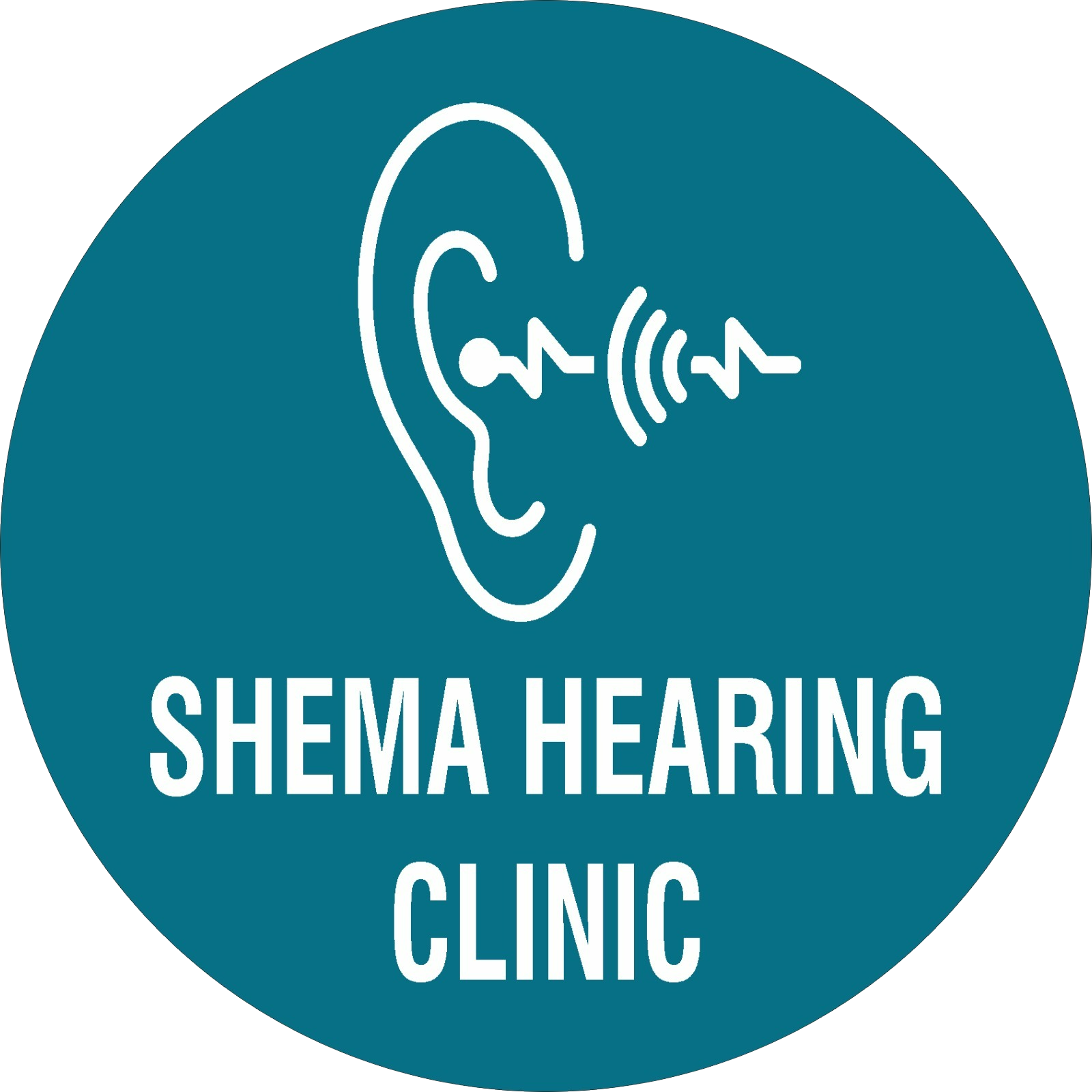Understanding Hearing Problems in Old Age: A Guide by Shema Hearing Clinic
Aging is a natural part of life, bringing with it wisdom, experiences, and memories. However, it can also come with certain challenges—one of the most common being hearing problems. At Shema Hearing Clinic, we recognize the significant impact hearing loss can have on seniors and their families. That’s why we are here to provide insights, support, and solutions to ensure you or your loved ones enjoy a vibrant and connected life.
The Prevalence of Age-Related Hearing Loss
Hearing loss due to aging, also known as presbycusis, is a gradual and natural decline in hearing ability that affects nearly one in three people over the age of 65. By the time individuals reach their 80s, the prevalence increases significantly.
While presbycusis is common, it often goes unnoticed because it progresses slowly. Unfortunately, untreated hearing loss can affect more than just your ears—it can impact your overall well-being.
Signs of Hearing Problems in Older Adults
If you or someone you love is experiencing hearing difficulties, you may notice:
• Difficulty understanding speech, especially in noisy environments.
• Frequently asking others to repeat themselves.
• Turning up the volume on the TV or radio to levels uncomfortable for others.
• Feeling isolated or withdrawing from social activities.
• Ringing, buzzing, or other phantom sounds in the ears (tinnitus).
Recognizing these signs early can make a significant difference in managing hearing loss effectively.
The Impact of Untreated Hearing Loss
Hearing loss doesn’t just affect the ability to hear—it can have far-reaching effects on physical, emotional, and cognitive health. Here are some common challenges faced by seniors with untreated hearing loss:
1. Social Isolation
Misunderstanding conversations or feeling left out can lead to frustration and withdrawal from social gatherings, increasing loneliness.
2. Cognitive Decline
Research has linked untreated hearing loss to an increased risk of cognitive issues, including dementia, due to reduced auditory stimulation to the brain.
3. Balance Problems
Hearing issues can affect spatial awareness, increasing the risk of falls.
4. Emotional Well-Being
Struggling to hear can lead to stress, anxiety, and even depression in some cases.
How Shema Hearing Clinic Can Help
At Shema Hearing Clinic, we are committed to addressing hearing challenges in older adults with care and expertise. Here’s how we can support you:
1. Comprehensive Hearing Tests
We use state-of-the-art equipment to evaluate your hearing health and identify the extent of the problem.
2. Advanced Hearing Aids
Today’s hearing aids are a far cry from the bulky devices of the past. We offer sleek, discreet, and highly effective hearing aids tailored to your needs and lifestyle.
3. Tinnitus Management
If you experience ringing or buzzing in your ears, our tinnitus therapies can provide much-needed relief.
4. Counseling and Education
We believe in empowering our patients with knowledge. Our team will guide you through every step of your hearing journey, helping you understand and adapt to changes in your hearing.
Tips for Managing Hearing Loss in Old Age
Here are some practical steps to maintain better hearing health as you age:
• Schedule regular hearing checkups, especially after the age of 60.
• Protect your ears from excessive noise by using hearing protection when necessary.
• Stay socially active to keep your brain engaged and your communication skills sharp.
• Seek help early. Addressing hearing loss as soon as possible leads to better outcomes.
A Better Hearing Experience Awaits
Aging doesn’t have to mean losing touch with the world of sound. At Shema Hearing Clinic, we’re dedicated to helping seniors regain their confidence and reconnect with their surroundings through personalized hearing care.
If you or a loved one is experiencing hearing problems, don’t wait. Contact us today to schedule an appointment and take the first step toward better hearing and a more fulfilling life.
Shema Hearing Clinic – Because Every Sound Matters.
